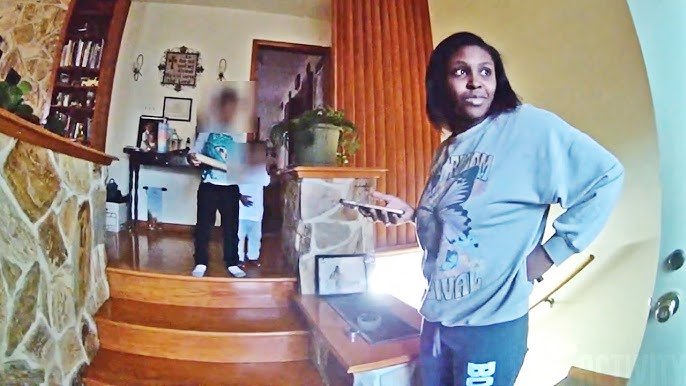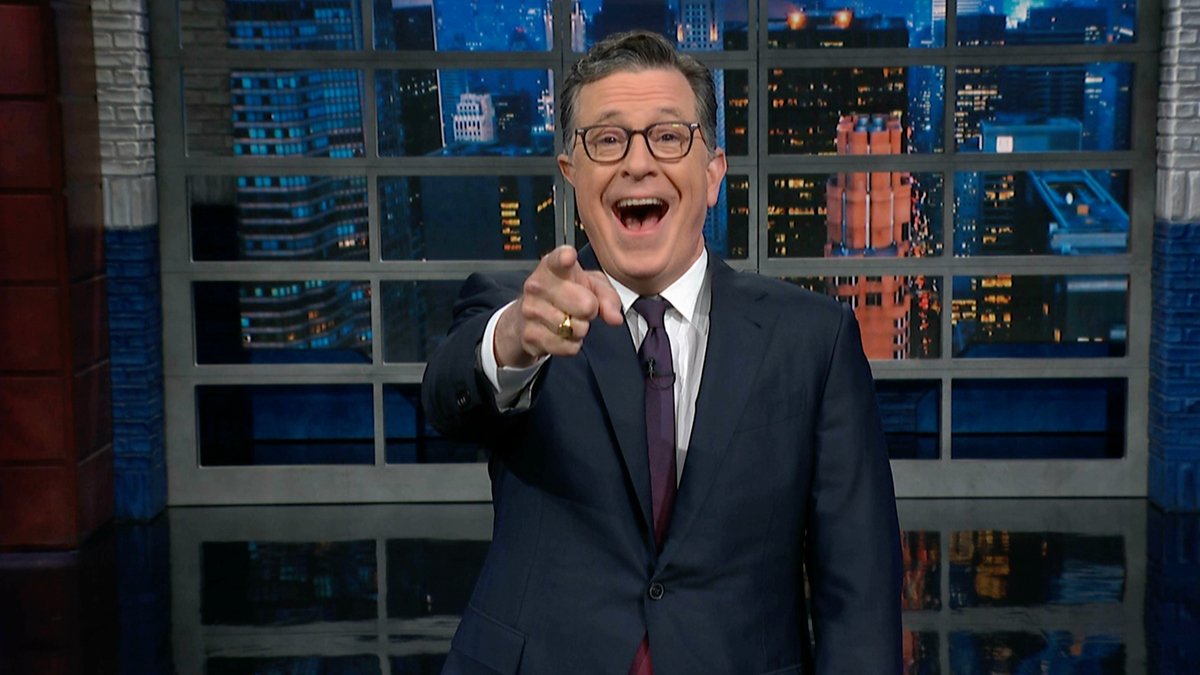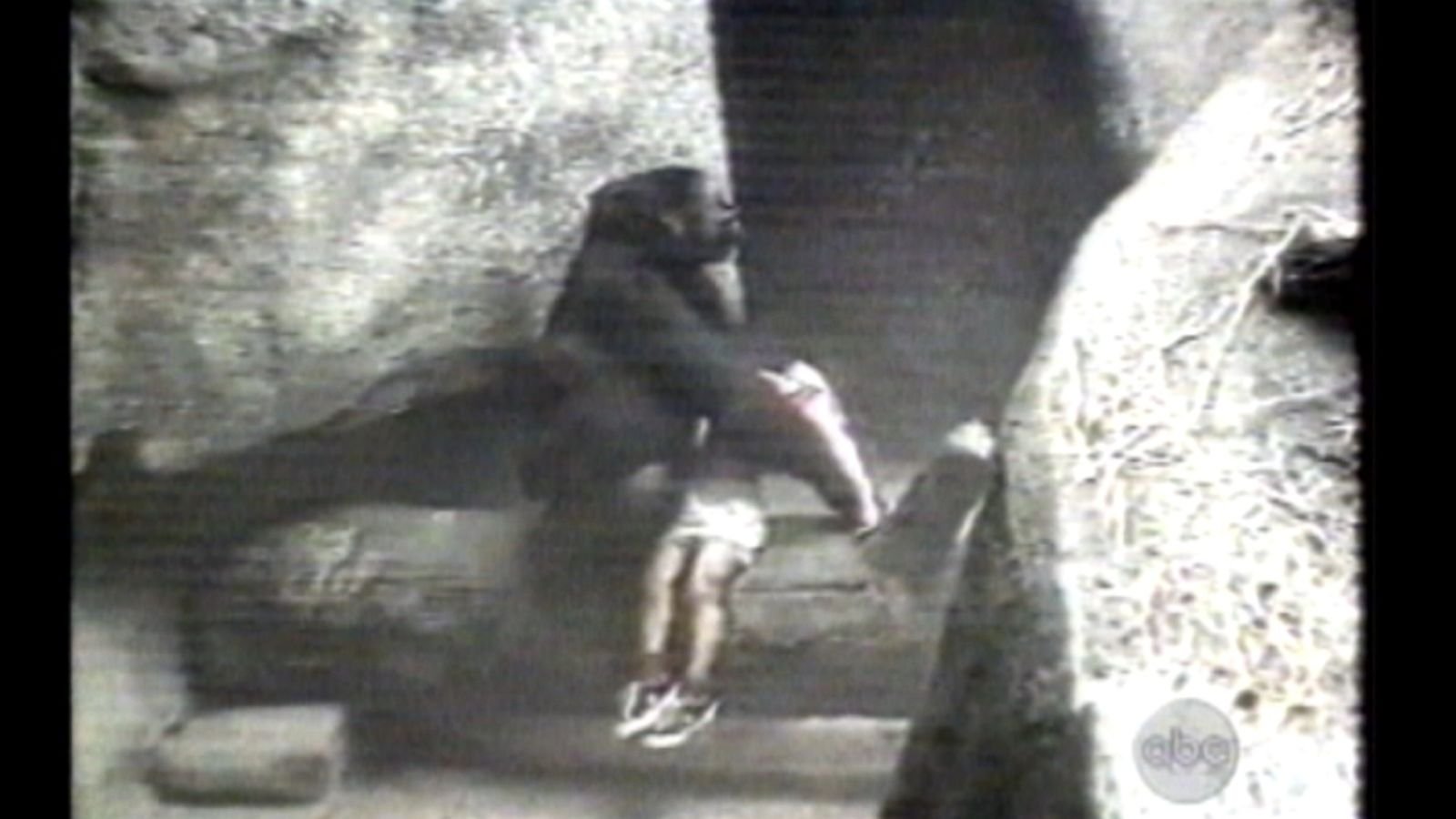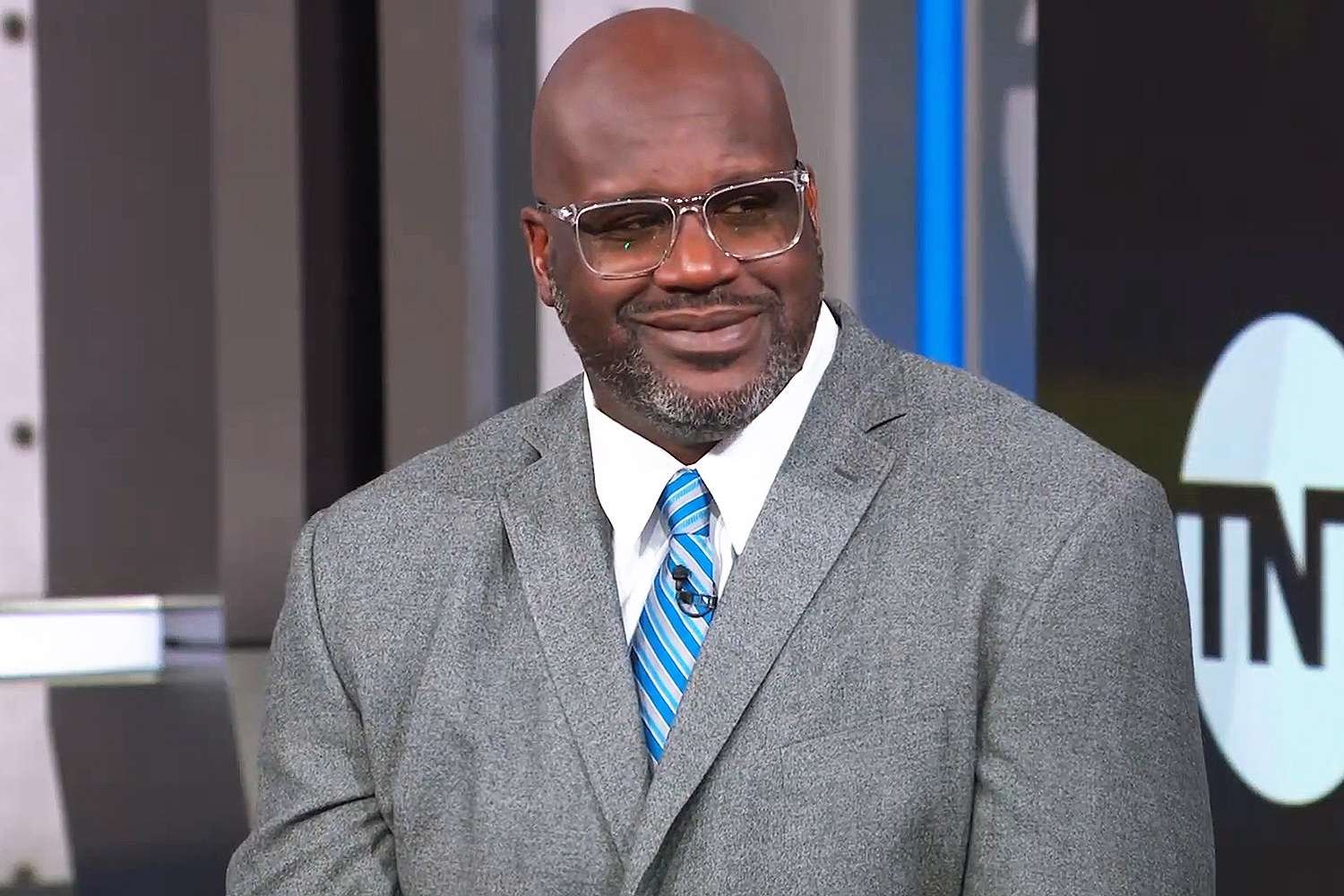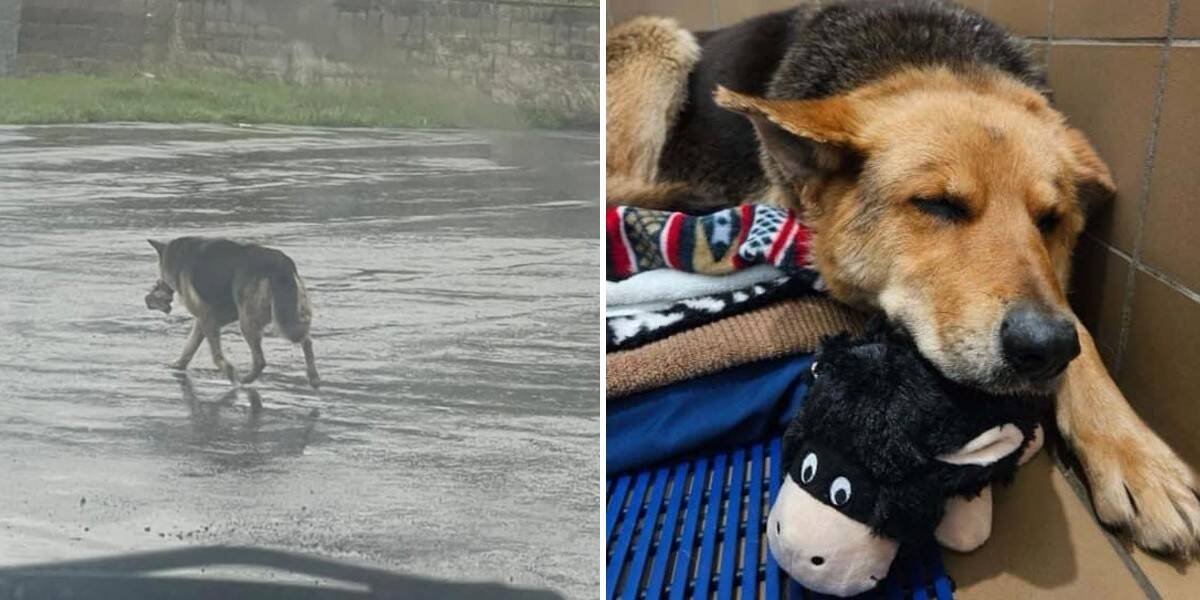The sun scorched the pavement at the Maple Street block party, where the air buzzed with laughter, the sizzle of food trucks, and the thump of a local band’s bassline. Bounce houses wobbled under the weight of giggling kids, and the smell of grilled corn and cotton candy hung thick. I was at the community outreach booth, sweating through my uniform, trading bad jokes with Officer Ramirez, a rookie with a grin too big for his badge. We were handing out stickers to kids when a small figure shuffled up—a girl, maybe four, clutching a melting blue freezer pop that dripped like a tiny sapphire waterfall. In her other hand, she held a crumpled note, folded tight.
“Lila,” she said softly when I asked her name, her dark eyes steady despite the chaos around us. She handed me the note, silent as a shadow, then went back to licking her popsicle. I figured it was a kid’s doodle—maybe a stick-figure cop or a glittery heart. But when I unfolded it, the world tilted.
Scrawled in frantic, uneven ink was a message from her mother:
I can’t do this anymore. I can’t feed her, can’t keep her safe. Please, you’re in uniform—do what’s right. Her name is Lila. She likes pancakes and dinosaurs. —Marisol
The words hit like a punch. Ramirez, peering over my shoulder, went pale. “Sarge, what the hell do we do?” he whispered, his usual swagger gone.
I crouched to Lila’s level, my knees creaking. “Hey, Lila, do you know why you’re here?” She shook her head, blue syrup staining her chin, and pointed to a T-Rex balloon bobbing nearby. “He’s my favorite. Strongest dino ever.”
Ramirez fumbled for his radio, calling dispatch while I grabbed a napkin to wipe Lila’s sticky hands. She sat on a folding chair beside me, swinging her sneakers, chatting about how T-Rexes could “chomp anything.” Her calm unnerved me—kids her age should be loud, not this composed. I kept her talking, asking about velociraptors and stegosauruses, while my mind raced. Where was her mother? Why us? Why *now*?
A social worker, Ms. Carter, arrived within the hour, her clipboard a shield against the party’s noise. Lila didn’t cry when Ms. Carter took her hand, only waved at me and said, “Bye, Pancake Man.” I didn’t know whether to laugh or choke up. She was placed with a foster couple, the Harrisons, who lived a few blocks away and had a backyard full of plastic dinosaurs. I visited once, watching Lila roar at a toy triceratops. She seemed okay, but her eyes kept darting to the street, like she was waiting for someone.
Weeks dragged on. No sign of Marisol. I couldn’t shake the image of that note, the desperation in every shaky letter. Ramirez took it harder, spending his off-hours scouring databases and knocking on doors. “She’s out there, Sarge,” he’d say, like he was convincing himself. I told him to let the system handle it, but he’d just shrug and keep digging.
Then, one muggy night, Ramirez burst into the precinct, his face lit up like he’d won the lottery. “I found her! Marisol!” He’d tracked her to a parking lot near the old textile mill, where she’d been living in a beat-up sedan, surviving on gas station snacks. Marisol was 28, a single mom who’d lost her job at a diner when it shuttered. Anxiety and depression had clawed her down, and every attempt at help—clinics, shelters, hotlines—had led to waitlists or dead ends. She’d left Lila at the block party, believing we’d give her daughter the life she couldn’t.
Social services didn’t usually bend, but Ms. Carter fought for Marisol. They offered a trial: temporary housing, job training, and counseling, with supervised visits to Lila. Marisol grabbed the chance like a lifeline. She worked double shifts at a grocery store, attended every therapy session, and filled notebooks with goals and apologies. Lila’s weekly visits were cautious at first—Marisol would bring a dinosaur book, and Lila would sit close but not too close. Slowly, they rebuilt. Lila started smiling more, her T-Rex roars louder.
A year later, I got an invite to Lila’s fifth birthday party, scribbled in crayon with a lopsided brontosaurus. The Harrisons’ backyard was a prehistoric wonderland: dino streamers, a T-Rex piñata, and a cake topped with a plastic velociraptor. Lila sprinted to me, pigtails bouncing, and threw her arms around my knees. “You saved me, Pancake Man!” she shouted.
I knelt, grinning. “Nah, sweetheart. Your mom did.” Across the yard, Marisol caught my eye, balancing a stack of paper plates. She looked different—steadier, her smile real. On the table sat a platter of pancakes, slathered in syrup and sprinkled with tiny candy dinosaurs. Lila dragged me over, insisting I try one. “Mom made ‘em special!”
As the kids chased each other with foam dino claws, Marisol pulled me aside. “I thought I’d lost her forever,” she said, voice low. “Thank you for not giving up.” I shrugged, awkward. “Ramirez did the legwork. I just ate the pancakes.”
She laughed, and for a moment, the weight of that sweltering day lifted. Life’s messy, unfair, and sometimes it breaks you. But love—love’s a T-Rex. It’s fierce, it fights, and it doesn’t need to be perfect. It just needs to show up.
